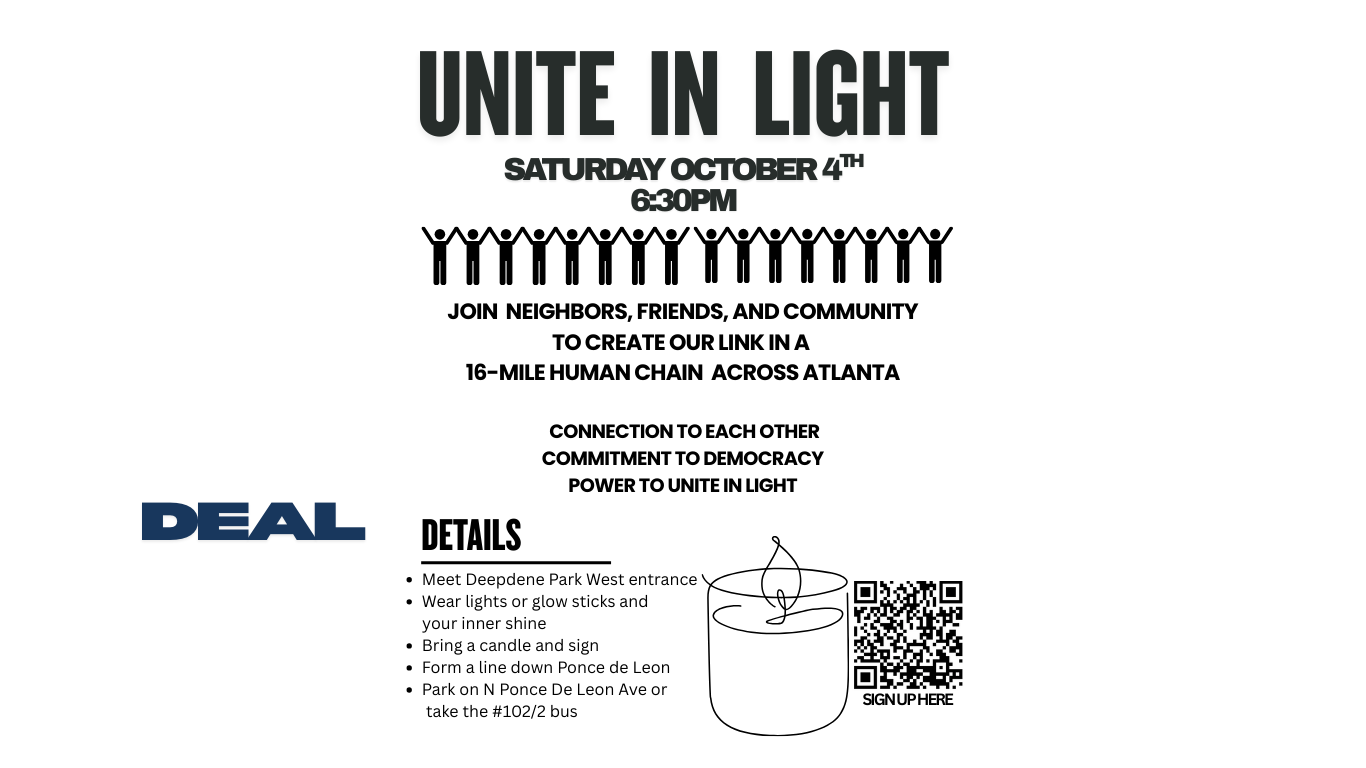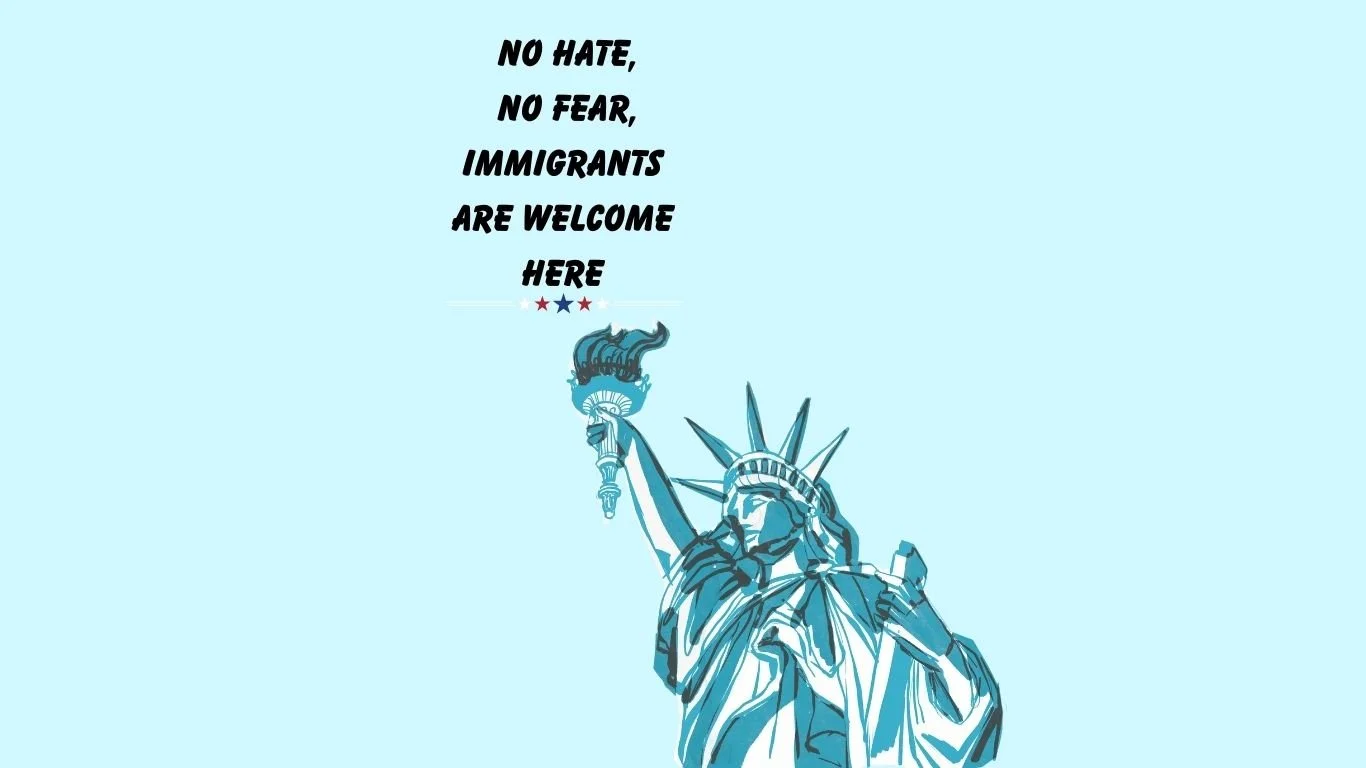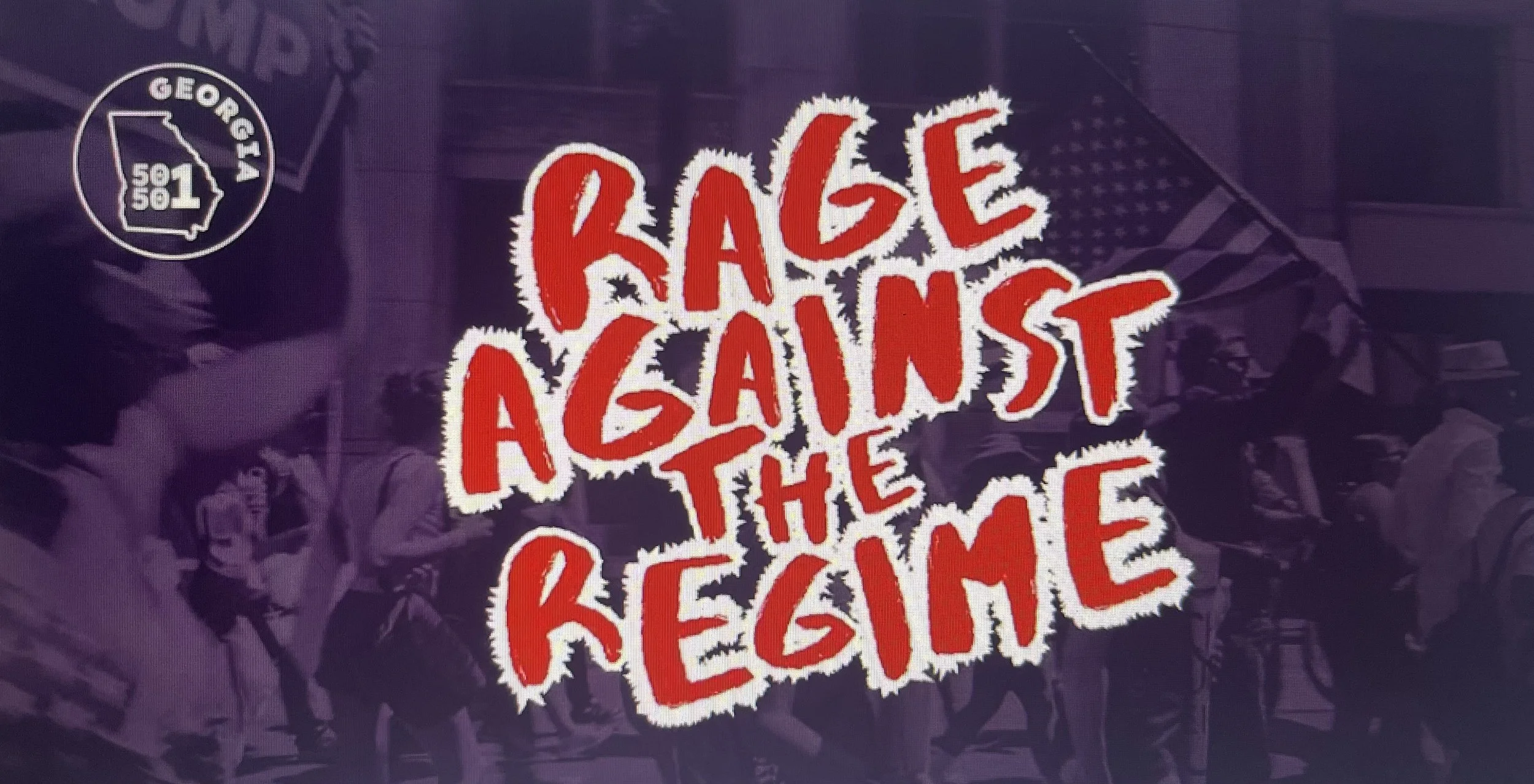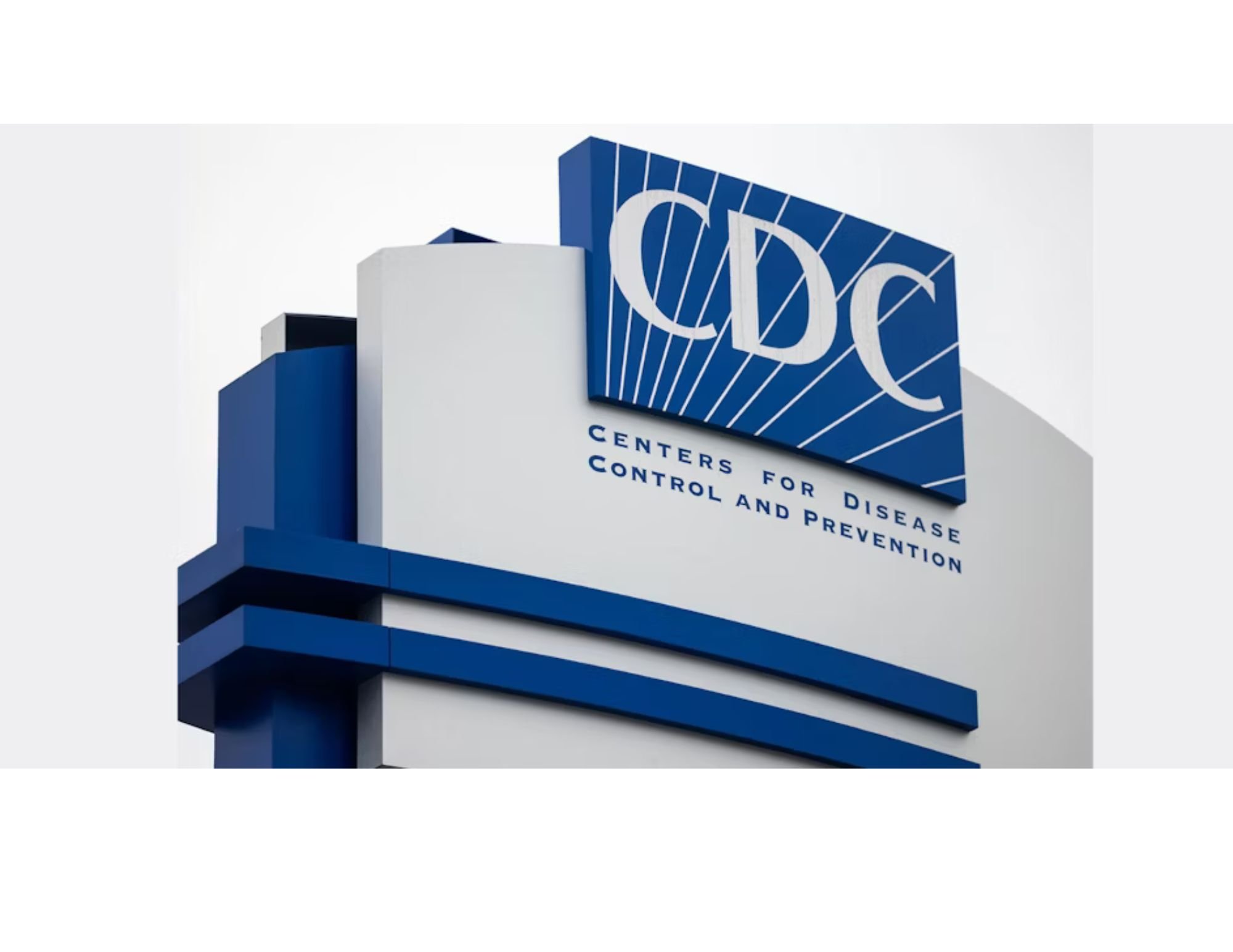
Freeze Out ICE
Join us on January 24th, 2026 from 2 - 4 pm at the Northlake Festival Shopping Center to show our persistance resistance to the unconstitution actions of ICE (Immigration Customs Enforcement and to demand justice for Renee Good. Renee was shot and killed by an ICE Agent in Minneapolis, MN on January 7th 2026.

Winter Clothing and Toys for Tots Event
Winter Clothing and Toys for Tots Collection Event
December 20, 2025, from 11 am - 3pm
Northlake Tower Festival Shopping Center
4973 LaVista Rd. Tucker, GA
One Country Indivisible With Liberty and Justice for All Food Drive and March
Food Drive and March, November 22th from 1 - 3 pm
Northlake Festival “Tower” Shopping Center
4973 Lavista Rd, Tucker, GA 30084
On November 1st 2025, 40 million people lost their SNAP (Supplemental Nutritional Assistance Program) benefits due to a change in work requirements or due to the federal government shutdown. Another 1.4 million people, who are federal employees have missed their first full paycheck since the government shutdown as of this week. Join us in a march to show our support for the millions of Americans who may be putting their kids to bed hungry tonight due to the government shutdown and the changes to SNAP benefits. We are partnering with Toco Hills Alliance Food Bank and In Town Cares Food Bank. Please visit the following websites for a list of items the food banks are requesting for the food drive:
https://tocohillsalliance.org/items-needed/
https://www.intowncares.org/current-greatest-needs
We are renting a 40-foot moving truck to gather and deliver the food to the food banks. Let’s show everyone how Georgians support those who are less fortunate by filling the truck to the brim. There are three grocery stores close to our march location at the Northlake Festival “Tower” Shopping Center on LaVista Rd in Tucker, GA: Kroger, Aldi and Publix. If everyone donates something we can fill the truck. Every little bit counts.
Every month our marches show our persistent resistance to the current POTUS’ administration and the unconstitutional actions they take or support. We are marching to show our persistent resistance to the current administration’s, destruction of the CDC, the Department of Education, budget cuts to the VA, the government shutdown and the retainment of SNAP (Supplemental Nutritional Assistance Program) funds, as well as protesting illegal deportations and to show our support for immigrant rights, such as due process of law. Visit our website at www.pocketbookbrigade.org for more details.
The staging point for the march is the Northlake Festival “Tower” Shopping Center on LaVista Rd in Tucker, GA. Please, park in the center parking spots of the parking lot and avoid parking in front of the Goodwill store. Parking near where Bally's Fitness or Toys R US once were, between the PetSmart and Goodwill, would be respectful to the tenants of the shopping center. Jason’s Deli has offered us the use of their restrooms.
We will exit the shopping center at the Henderson Mill Rd exit, turn right on to La Vista Rd and march past Chick Fil A and across the I-285 overpass. Then, we will cross LaVista Rd, at the Northlake Parkway intersection, to return to the Northlake Festival “Tower” shopping center at the intersection of Parklake Drive NE and LaVista Rd and proceed back to the entrance of the Northlake Festival Shopping Center at the Henderson Mill Rd entrance. The section of sidewalk at the intersection of LaVista Rd and Parklake Dr NE (where the shell station was) is impassible at this time due to construction. If the sidewalk is fixed prior to our march, we will march to the next intersection at Rangewood and La Vista Rd. to cross La Vista Rd on the day of the march and return to the Northlake Festival “Tower” Shopping Center.
This is a peaceful and patriotic protest. No violent or vulgar behavior will be tolerated. Bring appropriate signs—we will have some supplies for marchers to make signs. On Saturday, November 22nd, we're peacefully marching on the sidewalks to persistently resist the current administration’s unconstitutional policies and show our support of people affected by the SNAP benefits changes and the Federal government shutdown. Please join us.
A core principle behind all Pocketbook Brigade, Inc. events is a commitment to nonviolent action. We expect all participants to seek to de-escalate any potential confrontation with those who disagree with our values and to act lawfully at these events. Weapons of any kind, including those legally permitted, should not be brought to our events. You can RSVP using this link: www.indivisible.org and searching by the zip code 30084 or visiting our website www.pocketbookbrigade.org.
Please email me at: cconrado@pocketbookbrigade.org if you would like to volunteer for our march on Saturday November 22nd from 11:30 - 3:30 pm and arrive at the Northlake Festival “Tower” Shopping Center no later than 11:30 am to help set up or if you have questions about march participation for anyone who may have mobility issues.

Unite In Light ATL
Please join the Pocketbook Brigade in our support of the Unite in Light event sponsored by Indivisible ATL.
"Darkness cannot drive out darkness; only light can do that. Hate cannot drive out hate; only love can do that.” — Dr. Martin Luther King Jr.
On October 4, Atlanta chooses light.
We will gather at locations across the city, then lift our candles to light Ponce de Leon Avenue from downtown to Stone Mountain. RSVP to find out where we'll be or make a spot of your own. The Pocketbook Brigade group will meet at the Deepdene Park entrance on Ponce De Leon. This park is part of the Olmsted Linear Park and is very close to the Fernbank Museum. The Museum is having a private event that night so you won’t be able to park there. You can park in Deepdene Park and meet our group at the park entrance. We will have a Pocketbook Brigade sign to help you find us. If you want to participate with your fellow Pocketbook Brigade members please email: cconrado@pocketbookbridge.org so we can keep an eye out for you.
Bring your neighbors. Bring your children. Bring your love for this country and let it shine. We will form a line of light across Atlanta, uniting communities across our city.
This is a moment to reflect, sing, pray, shed tears, wave glow sticks, share stories of what it means to be American, and remember we are not alone.
With every flame, we affirm the values America was built on: equality, liberty, justice, and human dignity. And with every flame, we commit to protecting them through our voices, our votes, and our daily actions.
If democracy dies in darkness, Atlanta chooses light.
Please sign up for yourself and your household only.
Participating Organizations: Avondale ACTion; Black Lives Matter Grassroots, East Atlanta-Dekalb; Dekalb County Democrats; Druid Hills Democrats; Fulton County Democrats; Georgia Gwinnett College Democrats; Georgia Voices United; Good Trouble Georgia; Indivisible ATL; Indivisible GA04; Indivisible Gwinnett; Indivisible Marching Buddies; Indivisible North Metro Atlanta; Intown Women’s Resistance; Necessary Trouble; North Decatur Action; Pocketbook Brigade; United Campus Workers; Working Families Party
With support from: Avondale Alliance for Racial Justice; GA 50501; Stand Up for Racial Justice, Decatur.
A core principle behind all Indivisible events is a commitment to nonviolent action. We expect all participants to seek to de-escalate any potential confrontation with those who disagree with our values. This is a peaceful protest. No violent or vulgar behavior will be tolerated. Bring appropriate signs— the Pocketbook Brigade will have some supplies for marchers to make signs. On Saturday, October 4th, we're peacefully marching to shine a light on democracy and show our support for the ideals that make this the greatest country we can make it in our brief time on earth.
Sign up using this link https://www.indivisibleatl.com/events/unite-in-light-atlanta or visit our website at www.pocketbookbriagade.org for more details.

No Hate, no Fear, Immigrants are Welcome Here
We are marching in support of our immigrant community and to peacefully demostrate our persistant resistance to the illegal immgration polices of the current administration.

Pocketbook Brigade August Zoom
You are invited to a Zoom meeting. August is usually the hottesct month of the year in Atlanta. This year seems Mother Nature and Father Time have things a little bit mixed up. Last week was unseasonably cooler than usual but, I think it’s safe to say we could all use a break from marching. Instead, we will have a zoom call this month to:
· exchange ideas for future march themes
· discuss volunteer opportunities - including opportunities to join our board of directors
· Several people will talk about what motivates them to “make good trouble” and how it makes them feel empowered.
· Several people will share how the current administration’s policies and executive orders have negatively impacted their lives and how they are coping.

Rage Against the Regime
Join us in voicing our persistant resistance to the policies and executive order of the current administration.

Reject The Big Bad Bill March
The debate over the budget reconciliation bill, which many people call the One Big Beautiful Bill Act, requires many policy changes that will affect public safety and will expose many people to financial ruin and medical uncertainty. This bill also seriously underminds safety in America. Many people have focused their conversations around budget reconciliation. They have focused on issues like taxes and entitlement spending, don’t they realize the Republican sponsored “megbill” will also seriously undermine safety across the United States of America.
Usually legislators need 60 votes to prevent a fillibuster in the Senate, but when Congress wants to enact major laws however, Budget reconciliation lets them bypass this process and pass a budget bill with a simple majority of 51 votes. With some strict exceptions, such as Social Security, all provisions in the bill must nominally relate to spending and revenue, as determined by the Senate parliamentarian. However, with congressional gridlock continuing to worsen, legislators have increasingly used reconciliation to pass a broader array of policies, such as the 2022 Inflation Reduction Act.
Congress’s latest effort comes in at more than 1,000 pages. The House passed its deeply unpopular version on May 22, with three Republicans crossing the aisle to join the entire Democratic caucus in voting against the bill. Now, as the Senate finalizes its own version and the two sides move toward hammering out a compromise by President Trump’s July 4 deadline, here are the public safety issues to watch:
1. Dangerous cuts to the safety net
Evidence shows that meeting people’s needs makes communities safer, yet the House reconciliation bill could cause an estimated 10.3 million people to lose Medicaid benefits—and Senate Republicans have been pushing for even deeper cuts. GOP lawmakers are also planning major cuts for the Supplemental Nutrition Assistance Program (SNAP), a critical food assistance program that helped feed more than 41 million Americans in 2024. The House bill would cut SNAP benefits for an estimated 1.3 million people in an average month, and after initially rejecting the cuts, the Senate parliamentarian privately signaled support for a tweaked version.
These cuts would cause massive destabilization, especially in communities experiencing poverty—making people less safe. Research has shown timeandagain that Medicaid expansion is linked to drops in crime. States that expanded Medicaid as part of the Affordable Care Act rollout saw violent crime decrease by more than five percent. Other studies have found the impact of Medicaid expansion on crime to be even greater. Medicaid expansions have also been found to reduce the number of times a person released from prison is reincarcerated within a year by more than 11 percent. On the other hand, when people lose health care coverage offered through Medicaid, crime rates climb.
Similarly, there is extensive evidence that wider access to SNAP benefits reduces crime, with studies showing that lifted SNAP restrictions lead to lower rearrest rates and reduced intimate partner violence, among other safety-related benefits. If we are serious about improving public safety, research suggests that we should be investing in health care and social supports, not slashing programs that make people more safe.
2. Harmful work requirements for public benefits
The House reconciliation bill expands work requirements for people to be eligible for Medicaid and SNAP. The Senate bill would make these requirements even more damaging by widening their scope to include parents and caretakers of children over 14. Republican leadership argues that requiring people to work 80 hours a month in order to be eligible for these benefits will ensure the country’s safety net helps “the truly needy.” However, research shows that these harmful restrictions will only make it lesslikely that people who need these programs most will benefit from them.
This policy would particularly hurt the estimated 450,000 people released from state and federal prisons every year. People leaving prison face immense barriers to finding employment, from lack of access to education behind bars to discrimination based on their conviction history, which is still legal in many states. A 2021 report showed that a third of people could not find employment within four years of leaving federal prison. This is one reason that formerly incarcerated people are 10 times more likely to experience homelessness than the general public.
If we want to address people’s needs and prevent crime, we should make sure that people who have completed their sentences are met with opportunities, not further punishment and barriers to success. This could include lifting conviction-related restrictions on public benefits, restoring grants for reentry services that have been cut, passing the bipartisan Clean Slate Act to seal some conviction records, automatically enrolling people leaving prison in benefits like health care, and providing cash benefits to help people build stable lives after prison (as in a California pilot program that successfully reduced recidivism). Returning home after prison is hard enough, and the stability of our communities depends on making it easier—not harder.
3. Drastic increases in spending on immigration detention and cuts to immigrant services
The United States immigration detention system is an inhumane affront to due process. Despite extensive documentation of overcrowding, medical neglect, starvation, forced labor, forced sterilization, family separation, and other horrors, both the House and Senate reconciliation bills would provide more than $100 billion to expand prison-like immigration detention facilities and provide expanded funding for dangerously militarized immigration enforcement—ballooning the already massive Department of Homeland Security budget, diverting funds away from critical programs that make us safe and destabilizing communities in the process.
This expansion—indeed, immigration detention as a whole—is entirely unnecessary. The federal government’s own data shows that detention does not deter migration, and detention is not necessary to ensure that people appear in court for immigration hearings. And with the erosion of due process and cuts to critical federal legal services—including the Legal Orientation Program, the Legal Orientation Program for Custodians of Unaccompanied Children, and National Qualified Representation Program—many people may be denied even the most basic access to legal counsel.
The House reconciliation bill would also add eligibility restrictions to immigrant families seeking health care, child tax credits, and food aid while instituting massive new immigration fees, including a $1,000 fee for people attempting to claim asylum. People seeking asylum, safety, and stability in the United States—those fleeing war or persecution and attempting to remain with their families—are among the least likely to be able to afford hefty fees.
All these anti-immigrant policies and investments will only serve to make the country less safe for people navigating the immigration system.
4. Limitations on the regulation of artificial intelligence (AI)
The House reconciliation bill would place a 10-year moratorium on regulation of AI, unless connected to criminal penalties. This provision has seen sharp resistance even from Republicans. The bill encourages governments at the state and local levels to promote AI use, but it would bar them from limiting or preventing harmful AI deployment through administrative policies. This provision would block states from enforcing essential civil protections, effectively creating a vacuum for unchecked AI use unless states criminalize violations. The Senate has cleared this dangerous provision for passage by weaponizing federal funding for high-speed internet access, proposing to withhold these funds from states that regulate AI.
By prioritizing technological adoption over constitutional protections, the reconciliation bill welcomes the expansion of novel, untested AI technologies that have the potential to cause harm without appropriate governance, transparency, oversight, and accountability. A 2019 review of the use of facial recognition technology in policing by the National Institute of Standards and Technology found significant rates of misidentification, especially for Asian, Black, and Indigenous groups. Misidentification can lead to wrongful arrests and harm for those impacted. In 2020, Washington State passed the most comprehensive policy requiring law enforcement to perform ongoing accountability reports, security protocols, testing and training, and data management, solely for its use of facial recognition. This rigorous oversight is essential for AI technologies that rely on complex algorithms and large language models, which can produce biased outputs and perpetuate discriminatory errors. If this bill passes, these administrative protections could be wiped out, putting people at risk.
5. Destructive changes to Pell Grant eligibility
Pell Grants provide access to life-changing education for millions of students who can’t afford college tuition, including students behind bars. The House reconciliation bill would make it more difficult for students to qualify for this financial aid—particularly those who are incarcerated. By eliminating Pell eligibility for students taking less than half a full load of credits and changing full-time enrollment grant eligibility from 12 to 15 credits, the House bill would harm incarcerated students, who often simply can’t take more classes because of logistical obstacles to participation, like the number of available classrooms. The Senate’s proposal, which does not add major exclusions to Pell, is more supportive of college students in prison and will hopefully prevail in the debate.
The benefits of college in prison extend far beyond the walls of the classroom. In addition to creating safer environments for people behind bars, college programs help ensure that people in prison can secure well-paying jobs when they return home and decrease the odds that they will return to prison. Vera estimates that at least 760,000 people in prison are eligible to receive Pell Grants to fund their college education. With more than 450,000 people leaving state or federal prison every year, ensuring access to college in prison can significantly benefit not only incarcerated people but also their families and communities. Education is one of the strongest tools to break the cycle of incarceration. The federal government should be expanding access to education in prison, not limiting it.
The bottom line
The Trump administration has already done immense harm to the nation’s public safety infrastructure. It’s not too late for lawmakers to reject this bill—or, at very least, alter or counteract these dangerous provisions—before the government does even greater harm.
https://www.vera.org/news/5-ways-trumps-big-beautiful-bill-will-undermine-public-safety

March for Moms
The current administration has been actively targeting programs that affect women's health, family life and family economics. They are threatening to interfere with the implementation of the Pregnant Worker's Fairness Act, to limit the enforcement of the freedom of access to abortion clinic entrances (FACE) act and preventing the use federal money to fund or support abortions. 47 has signed an executive order, ordering the evaluation of all pending proceedings under the Equal Credit Opportunity Act (ECOA), which was first passed in 1974 and amended in 1976 to prevent lenders from discriminating against women based on marital status. The administration is also making cuts to programs that affect Women's Healthcare especially in areas considered healthcare deserts including the Affordable Care Act.
On Saturday, May 10th we will have a march and Family Fun Day in Tucker, GA to show our support for moms. The event will be at the City of Tucker's Church St Park. The park can be seen from LaVista Rd. and is the same park where the city has the Movie on the Green event each month during the spring and summer months. Use the following link for directions to the park: https://www.tuckerga.gov/parks_trails/church-street-greenspace/

We the People March
This march is to show support for people who have lost their jobs or have had their lives affected in other ways by the activities of the DOGE (Department of Government Efficiency) and the hap hazard cuts to government departments and organizations.

Tucker, GA - 50501 March - 50501 - Is a Grass roots movement of everyday folks that have been taking action to uphold the constitution and end executive overreach
This march is to show our discord with Project 2025’s political initiative to reshape the federal government of the United States in order to consolidate power in the executive branch of our government in direct conflict with the rights and powers provided to us as citizens and to the branches of our government in the United States Constitution.

Support Rally for CDC Employees - Hosted by Second Thursday
Second Thursday, continues their support rallies outside the CDC campus. Bring your signs of support. This is a non-partisan event, please do not wear partisan clothing. This is for the main campus for the CDC at 1600 Clifton Rd N E Atlanta, GA 30333
https://www.mobilize.us/mobilize/event/769032/

Tesla Takedown - Mobilize US
We are sharing this event hosted by Mobilize.us in the hopes of boosting the attendance at the Tesla Takedown Rally at the Briarcliff Rd. Tesla Service Center. This is a peaceful protest. Violent or vulgar behavior will not be tolerated. https://www.mobilize.us/mobilize/event/766917/

Reproductive Freedom for All Georgia - Building Bridges Advocacy Day 2025
Join us on Thursday, March 13, 2025 at 10:00 AM ET to take action for reproductive freedom!
With the 2025 Legislative Session beginning on January 13th, we’re focused on equipping and inspiring our members to take bold action and actively engage in shaping the session. Join us at the Georgia State Capitol to engage with legislators, grab lunch, and tour the building. This will give folks an opportunity to learn about navigating the Capitol, attending committee meetings, checking the hopper for new bills, and having time to ask our lobbyists any questions you may have. We believe this work thrives when we come together as a community. It’s crucial for all of us to be prepared to stand united against those working to harm us and to equip ourselves with the tools to navigate the state Capitol and advocate effectively during the legislative session.
After you RSVP, we will send you an email with information about how to join the event. The information will also be available on this page.

International Women's Day - Unite and Resist March
On International Women’s Day, we’re taking to the streets to show our persistent resistance against the tidal wave of Executive Orders and DOGE (Department of Government Efficiency) directives that have rolled back (DEI) Diversity, Equity & Inclusion programs and initiatives that affect women's lives in every facet of life. As well as the cuts to programs like USAid and the plans to dismantle the Department of Education along with a long list of Project 2025 plans.
According to the League of Women Voters website: https://www.lwv.org/blog/report-women-voters-numbers. Women are registered to vote at a higher percentage than men. In some election years women have voted at a rate as high 10% higher than male voters.
Join us to defend our rights, our bodies, and our future and bring your friends. We can't wait for the 2026 election to show our dissatisfaction with the current congress. We must march now to show the GOP they can be voted out of office just as easily as they were voted in. We have the power of our vote. Join us on International Women's Day to demonstrate our girl power.

Stand Up For Science - Atlanta, GA
Science is a part of our everyday life. 47 and RFJ, Jr. want to remove the gaurdrails put in place to keep Americans healthy and safe. Please join us on Friday, March 7th in Atlanta, GA to show our persistant resistance to 47’s and RFK, Jr’s witch doctor hogwash.

Virtual Community Meeting with Power to the People
I’ve signed up to attend a community meeting with People Power United on Thursday, Mar 6, 2025. Are you free to join me? Use this link to sign up: https://mobilize.us/s/ciSn0A

Dekalb Dems Day at the Capital
Crossover day is Thursday March 6. That's the deadline for legislation to have a chance at becoming law IF it gets out of committee and is passed by either the House or Senate. Once again our Dekalb delegation has worked hard crafting dozens of excellent bills that would help Georgians.


Call to Action
Last week was a scary week here in the USA. 47 and his Co-POTUS 47 ½, Elon Musk tried to shut down the USAid program. It doesn’t seem they thought through how shutting down USAid programs may affect American Farmers. American farmers sell approximately $700 of million worth of grain to USAid programs each year. They have once again betrayed a large segment of the MAGA base.
They also began downloading and “auditing” our personal data using the Department of Government Efficiency (DOGE) which is illegal under the Privacy Act of 1974, 5 U.S.C. § 552a. If you are alarmed by their activities in this area and you are motivated to do something about it, call your congressional representatives or you can send an email to the Treasury Department at privacy@treasury.gov.

Climate Action Campaign
The Atlanta Climate Can’t Wait rally, is a rally for the future of our climate! This is a rally for clean air and water and rallying for clean energy! Will you join the March?

Thursday, February 6th at 6:30 pm eastern time - Planning Meeting for the "Boycott the Billionaires Boys Club" March, Picket and Boycott
This is a virutal planninng meeting for the Pockbook Brigade Boycott, March and Picket of the companies owned or associated with the Billionaires who are supporting and enabling '“47” and the 2025 Project plan for America’s goverment and people.

50501 Marches
This is a movement to organize 50 marches in 50 states marching with 1 purpose, the rejection of Project 2025.


